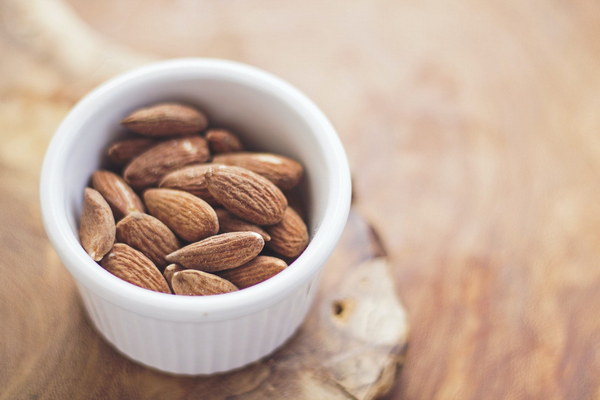Should You Avoid Coffee and Green Tea for a Healthy Stomach
Introduction:
Gastrointestinal health is crucial for overall well-being. Many people seek to maintain a healthy stomach through diet and lifestyle choices. One common question that arises is whether one should avoid coffee and green tea for stomach health. In this article, we will explore the effects of coffee and green tea on the stomach and help you make an informed decision.
Coffee and Your Stomach:
Coffee is a popular beverage known for its energizing properties. However, it can also have a negative impact on the stomach in some cases. Here are a few reasons why coffee might not be the best choice for a healthy stomach:
1. Acid Reflux: Coffee is known to increase stomach acid production, which can exacerbate symptoms of acid reflux or gastroesophageal reflux disease (GERD). If you suffer from heartburn or acid reflux, it's best to limit your coffee consumption.
2. Gastric Ulcers: The high levels of caffeine in coffee can irritate the stomach lining and potentially lead to the development of gastric ulcers. If you have a history of ulcers or are prone to stomach ulcers, it's advisable to avoid or minimize coffee intake.
3. Gastric Emptying: Caffeine can also affect the rate at which your stomach empties its contents. This can lead to discomfort and bloating, particularly if you consume coffee on an empty stomach.
Green Tea and Your Stomach:
Green tea is a popular choice among tea enthusiasts for its numerous health benefits. However, its impact on the stomach may vary from person to person. Here's how green tea can affect your stomach:
1. Antioxidants: Green tea contains high levels of antioxidants, which can help reduce inflammation and protect the stomach lining. This may be beneficial for those with mild stomach issues.
2. Caffeine Content: Similar to coffee, green tea contains caffeine, which can have the same negative effects on the stomach as mentioned earlier. If you are sensitive to caffeine, it's advisable to limit your green tea consumption or opt for decaffeinated varieties.
3. Stomach Irritation: Some individuals may experience stomach irritation or discomfort after consuming green tea. This can be due to its natural tannins, which can bind to stomach proteins and affect digestion.

Should You Avoid Coffee and Green Tea?
Whether or not you should avoid coffee and green tea for stomach health depends on your individual circumstances. Here are a few guidelines to consider:
1. Listen to Your Body: Pay attention to how your stomach reacts to coffee and green tea. If you experience discomfort or other symptoms, it's best to limit or avoid these beverages.
2. Moderation: If you enjoy coffee and green tea, consume them in moderation. This means not exceeding the recommended daily caffeine intake, which is around 400 mg for most adults.
3. Opt for Alternatives: If you're looking for alternatives to coffee and green tea, consider options like herbal teas, black tea, or milk-based beverages like oat milk or almond milk lattes.
Conclusion:
Coffee and green tea can have both positive and negative effects on the stomach. While they offer numerous health benefits, they may not be suitable for everyone, especially those with specific stomach conditions. By listening to your body, consuming in moderation, and exploring alternative beverage options, you can maintain a healthy stomach while still enjoying your favorite drinks.









